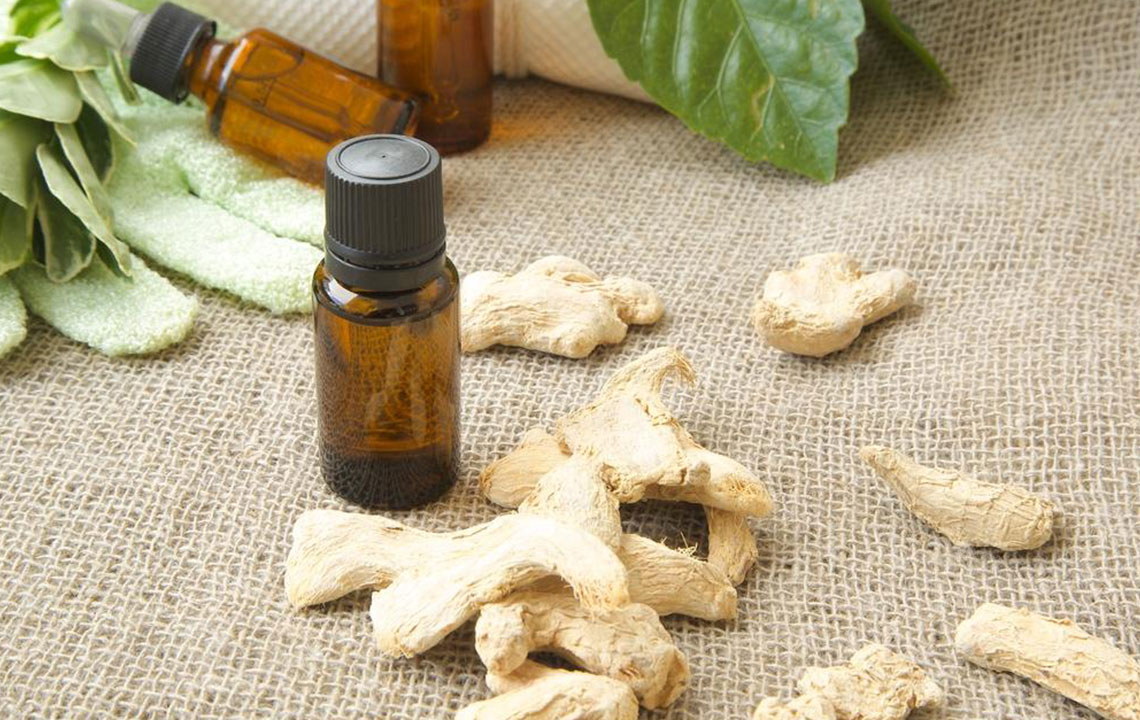Effective Strategies for Eliminating Kidney Stones Naturally
Discover natural and medical methods to effectively dissolve and pass kidney stones. Learn about hydration, herbal remedies, dietary tips, and when surgical intervention may be necessary for treatment and relief.

Kidney stones develop within the urinary tract, originating from the kidneys and traveling down the ureters to the bladder. These stones form when mineral and salt deposits solidify and fail to dissolve properly, often growing unnoticed until they cause discomfort. Small stones can pass through with urine, but larger ones can become lodged in the narrow ureters, leading to severe pain in the abdomen, groin, back, or genitals. Additional symptoms include nausea, vomiting, blood in urine, and abnormal urine coloration.
To naturally dissolve kidney stones, several home remedies can be effective. Staying well-hydrated is crucial; drinking about 2 liters of water daily helps flush out stones. Distilled water is especially beneficial as it easily dissolves mineral buildup. Phosphoric acid, found in some soft drinks, can aid in breaking down stones. Apple cider vinegar, rich in citric acid, is also effective—mix 8 ounces of water with 2 tablespoons and sip throughout the day to promote alkalinity and prevent stone formation.
Herbal remedies like Chanca Piedra have shown promise in dissolving stones and alleviating pain quickly; a common dose is 400 mg twice daily. Pomegranate juice, due to its astringent properties, supports treatment when consumed fresh. Incorporating organic celery in diet can help reduce stones, as the seeds and vegetable promote urine flow. Basil tea prepared with basil leaves or juice, combined with honey, can support kidney health and expel stones efficiently.
Eating kidney beans, particularly the pods, is another natural option; boiling and drinking the strained liquid may aid in stone resolution. Besides natural methods, medications such as Ibuprofen and Ketorolac can help manage pain, while drugs like Allopurinol and Diuretics assist in dissolving small stones. Surgery remains a last resort for large or complicated stones, with procedures ranging from nephrolithotripsy to open surgeries based on severity.
Note:
The information provided aims to guide readers on kidney stone management but should not replace professional medical advice. Always consult a healthcare provider for diagnosis and appropriate treatment options. The website cannot be held responsible for inaccuracies or variations in medical data across different sources.










